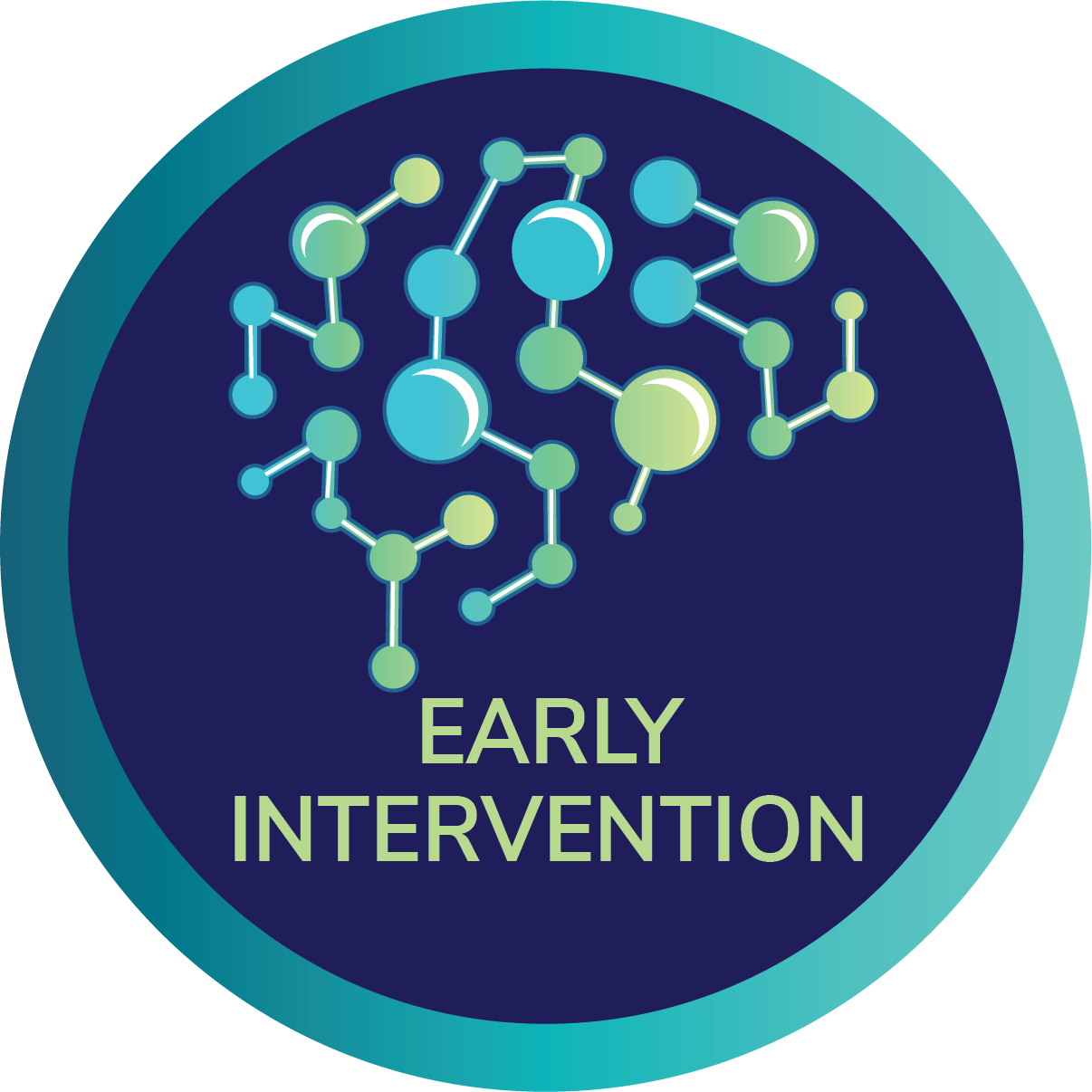FAQs
- What is clinical research?
- Is this research safe?
- Confirm that the study is ethical, or fair, for everyone who is involved.
- Protect the rights and safety of the people in the study.
- Make sure that the risks are as low as possible.
- Is this study right for me?
- What questions should I ask the research team before deciding to participate?
- What is being studied?
- What are the possible risks and benefits?
- What will I have to do?
- What tests and procedures are involved?
- How often will I have to visit the hospital or clinic?
- How long will the study last?
- Who will pay for my participation?
- Will I be reimbursed for other expenses?
- Will the results of the study be provided to me?
- What happens if I do not want to be part of the study?
- What are some reasons to participate in research?
- They help researchers understand diseases and how to prevent them.
- They help doctors learn how to diagnose diseases.
- They might lead to new or better treatment options.
- They help make sure that treatments are safe and effective.
- They give people the opportunity to be a part of important scientific discoveries.
- I don’t have schizophrenia. Can I still participate?
- What is a Healthy Control?
- Will I get feedback or a referral to a treatment program?
- What happens after the study?
- Is there a study location near me?
Clinical research usually involves studying people to learn about their health. Clinical research may focus on testing new medicines or therapies to see if they will work. Some clinical research studies do not involve any treatments but may use surveys or questionnaires to collect information about a health-related topic. Clinical research has taught us most of what we know about the medicines we take and the therapies we use.
All of the study procedures have been reviewed by each study site’s institutional review board (IRB). The IRB’s role is to ensure that all research involving humans meets the standards for safety. The IRB is made up of doctors, scientists, and other people in the community who are not a part of the study. The job of the IRB is to:
A member of the research team will explain the important details of the study before you decide to participate. The researcher will carefully review the purpose of the study, what you will be asked to do, and the possible risks and benefits of participating. You will have as much time as you need to ask questions or think about it. This process is called “informed consent.” If you decide to participate, you will sign an informed consent form. If you are considered a minor your parent or legal guardian will also need to sign the informed consent form.
To make sure that the study is right for you, it is important to ask the research team questions about the study and what to expect. This list of questions may help guide that discussion:
Participating in the study is completely voluntary. You can decide not to participate.
Research studies are essential steps in the process of developing new medicines.
Yes! This study is not for people who already have a diagnosis of schizophrenia. This study is looking for young people who may or may not be at clinical high risk for psychosis. Learn more about clinical high risk for psychosis.
In a clinical study, a Healthy Control is a person who does not have the disorder or disease being studied. Results from Healthy Controls are compared to results from the group being studied.
This research does not provide clinical evaluation or care, but results from some of the procedures (e.g., smartphone data) may be made available to you. If you are interested in seeking mental health care, the study team can provide referral resources.
The information that the researchers collect will be stored in a secure location and all of your identifying information, such as your name and date of birth, will be removed from the data. This means that no one except study staff will be able to link the data to you or to any other study participant. Researchers will examine the data to test their hypotheses and the results may be published in scientific journals or summaries of the published findings may be reported in the news.
Visit the Study Sites page to find a location near you.
Last Reviewed on May 2, 2022
